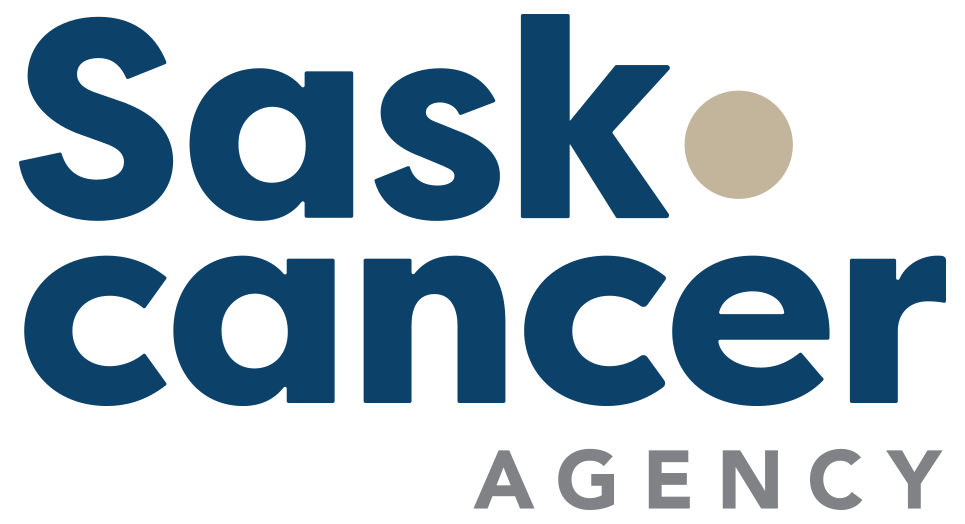Your Cancer Care Team
 Your cancer care team is in place to help you and those around you who are providing support. Helping people is an essential part of everyone's job.
Your cancer care team is in place to help you and those around you who are providing support. Helping people is an essential part of everyone's job.
Please ask questions. Your first visit to a cancer centre can be confusing, even frightening, and we want you to be as comfortable as possible. Answering your questions is important.
If you want to tell someone how you are feeling about what you are going through, please do. It is normal to have a wide range of feelings. People are not too busy to listen.
Your cancer care team wants you to take part in decisions about your treatment. They will give you information to help you understand your choices. You can say when you have had enough information or if you want more. Members of your cancer care team will also give you their best advice. The decisions will always be yours to make with help from your team of caregivers.
Your cancer care team is made up of several healthcare professionals, including your family doctor, the cancer doctor, cancer nurse, social worker, dietitian, pharmacist, radiation therapist, pastoral care worker, and others.
It is common to see more than one cancer doctor. Each doctor has an area in which he or she is an expert. You may be asked to see a new doctor because he or she has a special understanding of your type of cancer and of the treatment you need.
Members of your team
Your family doctor works with the cancer team before, during and after your cancer treatments. During your treatment, it is very important to stay in close touch with your family doctor. We send your doctor updates on your progress after every visit. Your family doctor knows you and your health history and can be a key source of help and advice. It's a good idea to make regular appointments with him or her during and after your treatment.
Cancer doctors (oncologists) are specialized in treating cancer. You might see a medical oncologist (on-CALL-o-jist) or hematologist (hee-ma-TALL-o-jist) (blood specialist) who decides what medications are needed to treat your cancer; a radiation oncologist who is specialized in using radiation to treat cancer; or a pediatric (pee-dee-AT- ric) oncologist who specializes in treating children with cancer.
Cancer nurses support and care for you and your family. They help you understand your cancer and its treatment. They may also explain treatment options, give you the treatment and help you deal with any side effects.
Radiation therapists plan the treatment of this cancer therapy and deliver the radiation according to each patient's treatment plan. They play an important role in educating patients on the possible side effects from the radiation and provides advice on how to minimize them.
Pharmacists help you with your cancer medication. They review your cancer prescriptions carefully so that your medication is prepared and dispensed safely and accurately. They will also give you information on how to take your medicine and what to expect.
Social workers support, counsel and help people and their families deal with cancer and the impact it may have on their lives.
Dietitians provide advice about food and nutrition.
Clinical associates are doctors who provide support and care to patients at the cancer centres under the direction of oncologists.
Working with your team
After looking at all the information, your cancer team will discuss possible treatments with you, and together you will decide on the right treatment. This is called shared decision making and it makes for better health care. You may also want to have family members or friends help you make these decisions.
You will be asked to sign consent forms before any kind of treatment begins. Your cancer care team will explain the treatment to you before you are asked to sign. They will tell you about how effective your treatment should be, discuss the likely result or outcome of your treatment and explain the side effects.
If you do not understand something your cancer care team tells you, ask them to explain it again. You should know what to expect from your treatment before you agree to it. This is called informed consent. You give consent to treatment only when it has been explained to you and you fully understand it.
Learn More |


